Are you shopping in a mall, or are you just trying to push yourself to work without having a proper meal, and all you think about is having a nice cup of coffee? Which brand comes to your mind the instant you think about coffee? Starbucks of course!
The primary reason is its availability and commendable taste that has developed over time with reputable brand recognition.
It was launched due to the increased demand for energy drinks in the market.
Starbucks has officially released a whole new range of energy drinks in the United States, marking the company’s first foray into the energy drink sector.
It launched the Starbucks BAYA Energy drink line, which comes in three fruity flavors: Mango Guava, Raspberry Lime, and Pineapple Passionfruit.
Baya Energy offers 160 milligrams of caffeine and roughly 90 calories in a 12-ounce can; meanwhile, a 12-ounce Starbucks black coffee includes 193 mg of caffeine and only four calories.
Carbonated water, white grape juice concentrate, beta carotene, green coffee bean extract, and around 22 grams of cane sugar account for the majority of the calories in all three varieties of Baya.
Please continue reading to learn more about what Baya Energy Drink is, its origins, ingredients, and its effect on our health.
Page Contents
Some Information about Baya Energy Drink?
Starbucks’ reaction to the energy drink market is the Baya Energy drink range.
Starbucks has already entered the ready-to-drink market with bottled frappuccinos and canned Doubleshot drinks, but this is the first time they’ve introduced a caffeinated non-coffee beverage.
The North American Coffee Partnership (NACP), a joint venture between Starbucks and PepsiCo that has been in existence for nearly 30 years, developed these new Starbucks energy beverages.
The flavors for Baya are Mango Guava, Raspberry Lime, and Pineapple Passionfruit.
They come in 12-ounce cans with 160 milligrams of caffeine. In comparison, a typical cup of coffee has around 100 milligrams of caffeine.
According to Starbucks, these drinks are marketed as a “refreshing, fruit-flavored jolt of feel-good energy, in a way only Starbucks can offer”.
The added antioxidant is Vitamin C, which boosts the immune system and is referenced in the feel-good energy.
Ingredients in Baya Energy Drink
Baya Energy Drink is a new drink on the market, made from caffeine crafted from the coffee fruit. It incorporates Vitamin C which acts as an antioxidant in our body, giving us a healthy boost of energy.
The ingredients are:
- Carbonated Water
- White Grape Juice from Concentrate
- Cane Sugar
- Natural Flavours
- Ascorbic Acid (Vitamin C)
- Beta Carotene (Colour)
- Citric Acid
- Coffee Fruit Extract
- Green Bean Extract
Let’s discuss some of its unique ingredients in detail
White Grape Juice from Concentrate
Humans have consumed grapes for millennia. They are simple to grow and turn into excellent wine. The fruit can also be dried and stored in the form of raisins.
White Grape Concentrate is manufactured from white grape concentrate that is derived from several grape types.
The seeds and skin are extracted during the elaboration process to produce an exceptional clear juice and are condensed to produce White Grape Concentrate. It has a fresh white grape color, taste, and flavor.
The use of grape concentrates is strongly suggested. It may be used to make drinks as well as ferment foods.
This is also an excellent component for beer, wine, and beverages. It can be used to flavor meat and other items and make an all-natural beverage (or add flavor to a current drink).
Grape Juice provides the following nutrients to your body:
- Calcium
- Potassium
- Vitamin C
- Magnesium
It also affects your health in several ways:
- Improved heart health
- Lower blood pressure
- Reduces chances of diseases
- Prevents urinary infections
Cane Sugar
Cane sugar is a type of sugar manufactured only from sugar cane.
The manufacturing process of sugar cane starts with the chopping of sugar cane, extracting its juice, which is then boiled at a specific temperature to get a syrup-like liquid that is further crystallized.
The crystallized syrup is spun in a centrifuge to remove the crystals from the molasses.
Cane sugar is sweet, and depending on whether it is unrefined, raw, or refined, it can have a variety of flavor profiles.
Energy drinks contain cane sugar because it gives you a more refreshing bolt of stamina. Cane sugar is broken down into fructose and glucose by your body. The primary source of energy in your body is glucose.
Carbohydrates, protein, iron, potassium, and other critical elements found in cane sugar assist your body in maintaining optimal energy levels.
Cane Sugar has the following benefits:
- Rich in antioxidants
- Help combat free radicals
- Prevent diabetes and skin cancer
Ascorbic Acid (Vitamin C)
Ascorbic acid, often known as Vitamin C, is a naturally occurring water-soluble vitamin.
It is primarily found in citrus fruits and vegetables, and it is easy to obtain through food.
Vitamin C is can be absorbed into the body through food and tablets, and it can help with iron absorption.
Overdosing on vitamin C is not a problem because the body does not store it. However, to avoid stomach discomfort and diarrhea, do not exceed the maximum acceptable limit of 2,000 mg per day.
Ascorbic acid is a powerful reducing and antioxidant agent that aids in the battle against bacterial infections, detoxification responses, and collagen production in fibrous tissue, teeth, bones, connective tissue, skin, and capillaries.
Other functions of Ascorbic acid include:
- Antioxidant properties
- Helping the growth and repair of muscles and body tissues
- Wound healing
- Helps in the functioning of the immune system
- Maintenance of cartilage, bones, and teeth
- Treatment of Hypertension
Coffee Fruit Extract

The coffee fruit extract is made from the fruit of the coffee plant that is extracted and processed to provide you with health benefits.
The coffee fruit extract is a nootropic substance and is an energy-boosting extract that may aid in a better attention span and brain function.
According to one study, coffee fruit extract may boost the proportion of Brain-Derived Neurotrophic Factor (BDNF), a protein involved in many of your brain functions.
Coffee Fruit Extract is a stimulant used in energy drinks since it contains caffeine.
It also contains the following nutrients:
- Vitamin B2 (Riboflavin)
- Magnesium
- Antioxidants
The coffee fruit extract is generally safe to use. You should be alright as long as you’re not extremely sensitive to caffeine.
It is vital to keep in mind, however, that these supplements are not FDA-approved. It is advised to consult a doctor before its usage.
Potential benefits of coffee fruit are:
- Increasing brain function
- Increasing immunity
- Rich in antioxidants and polyphenols
- Lower blood pressure
- Promotes weight loss
- Helps in preventing cancer
Green Bean Extract
Green coffee beans are unroasted, which is what makes them different from regular green beans.
It is generally utilized as a weight-loss supplement.
According to some studies, green coffee bean extract may provide health benefits by lowering blood pressure and cholesterol levels.
The green coffee extract contains chlorogenic acids, a group of antioxidant chemicals believed to be responsible for its health benefits by experts.
Green Bean Extract helps with:
- Weight Loss
- Protecting heart and liver
- Controlling blood pressure
- Preventing type 2 diabetes
Caffeine Content of Baya Energy Drink
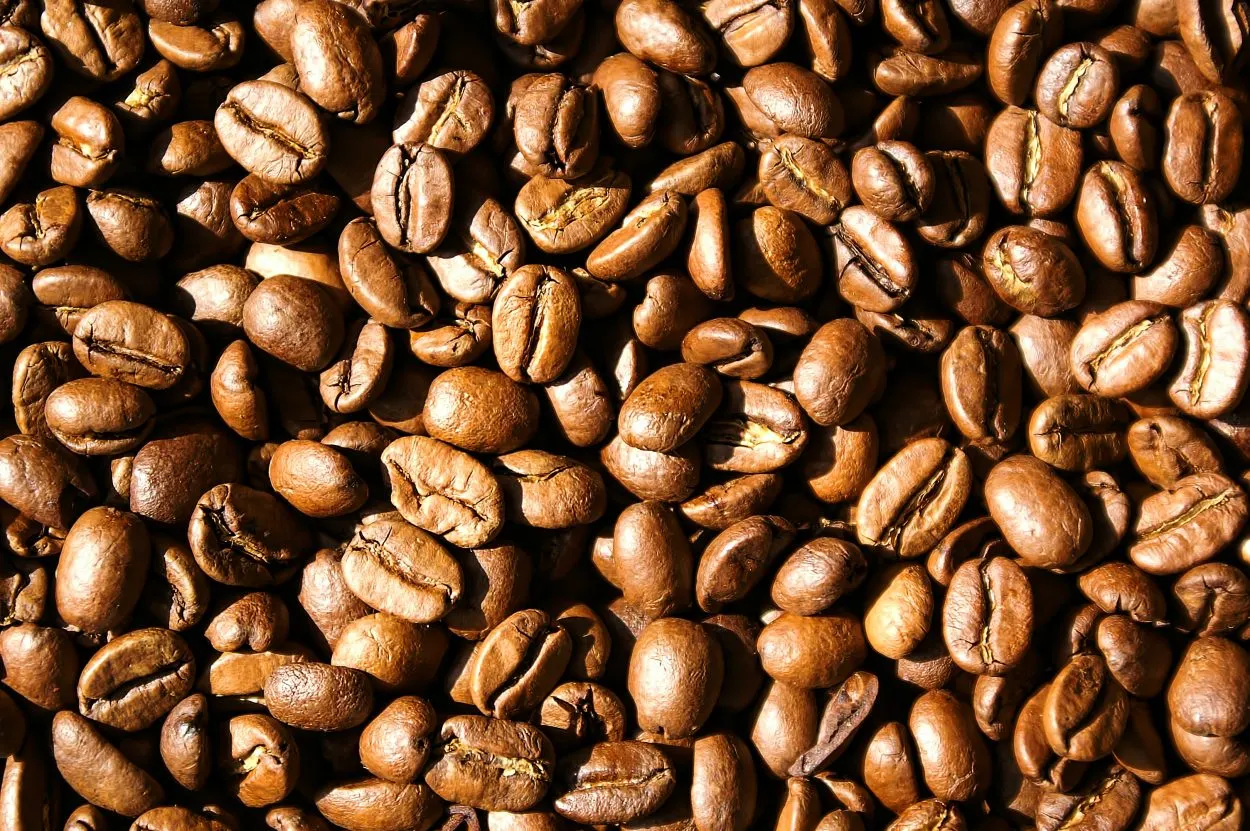
The caffeine content of a 12-ounce can of Baya Energy is 160 mg.
Since Baya’s caffeine comes from coffee fruit, it might join Zoa and other comparable products to lure customers who want a boost and feel good about it.
The difference between regular caffeine and caffeine derived from coffee fruit extract is that coffee fruit has less caffeine than coffee beans, so coffee fruit is the preferable option.
Caffeine, on the other hand, is a stimulant that keeps you up even on days when you do not want to.
It is found in at least 63 plant species worldwide. The most well-known sources are coffee, tea, cocoa, guarana, and energy drinks.
According to the FDA, a person should limit himself to 400mg of caffeine intake a day. Even though Baya’s caffeine content falls back to it, drinking it excessively a day can cause a caffeine overdose that can result in:
Nutrition Facts of Baya Energy Drink
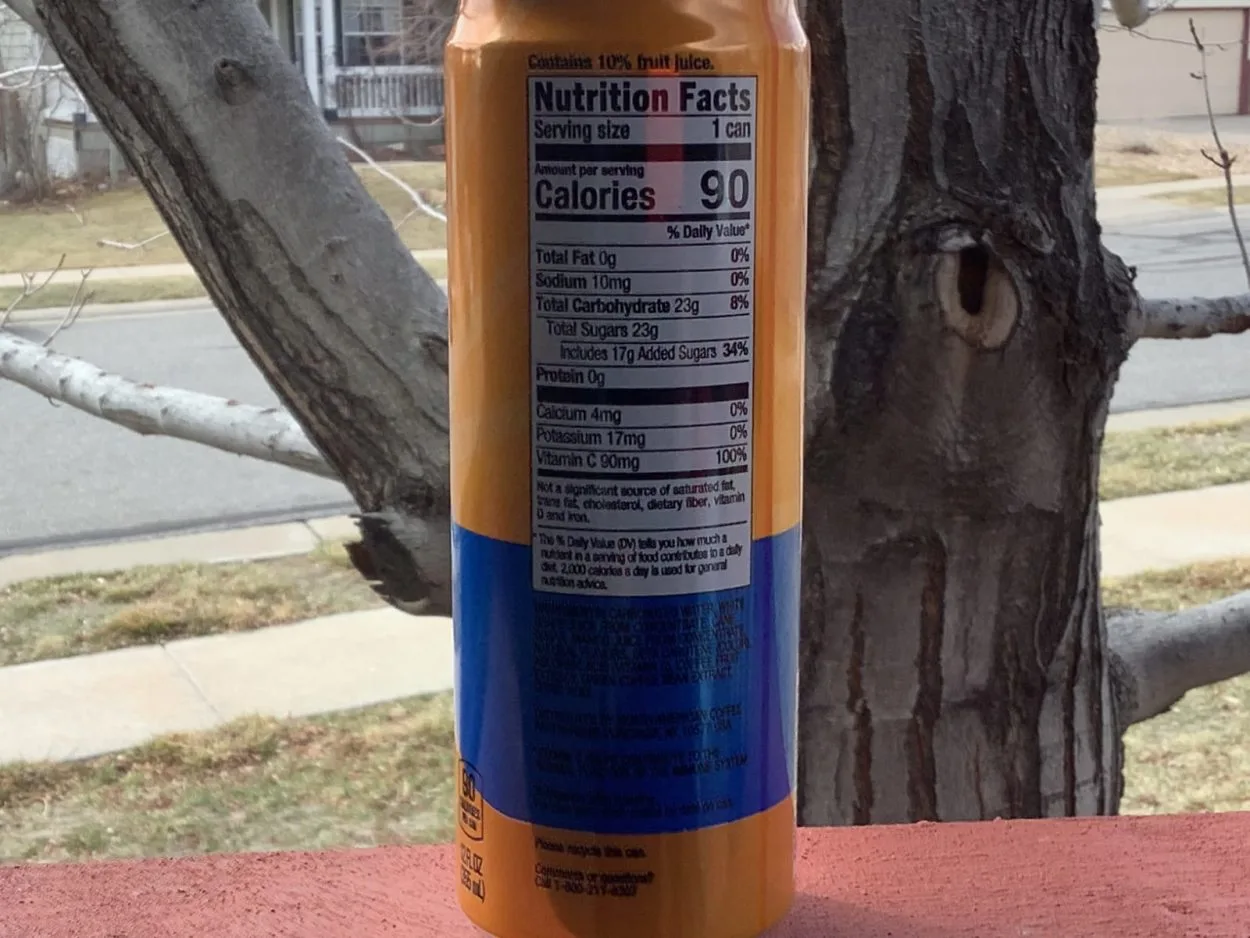
| Baya Energy Drink (1 Can) | Nutritional Value |
| Calories | 90 |
| Total Fat | 0 |
| Sodium | 0 |
| Total Carbohydrate | 23g |
| Total Sugar | 22g |
| Added Sugar | 16g |
| Protein | 0 |
| Calcium | 5mg |
| Potassium | 24mg |
| Vitamin C | 90mg |
Calories
In comparison to other energy beverages, Baya Energy has 90 calories.
Calories are the most basic form of energy that your body may utilize. The number of calories you consume determines how much energy you accumulate.
As a result, increasing your calorie intake usually means increasing your strength.
Calories are a result of carbohydrates, fats, and proteins that you consume. Calories are essential for optimum health, but if you consume more calories than you burn, the extra calories may be stored as fat.
According to NHS, the optimal daily calorie intake varies with age, metabolism, and physical activity, among other factors.
| Sex | Male | Female |
| Calorie Intake (Per day) | 2,500 calories per day | 2,000 calories per day |
Electrolytes (Potassium)
Sodium and potassium, both electrolyte stimulants and vital minerals, aid in the correct functioning of your body.
Energy drinks containing these substances not only keep nerve and muscle functioning in check, but they also keep your body’s water and electrolyte balance in check.
Although electrolytes are known to provide electrical charges to your body, they do not have to do anything with energy.
Electrolytes function through hydration. They keep your body hydrated which makes you more active.
Electrolytes intake is important for you if you are involved in day-to-day activities which make you sweat or you have illnesses like vomiting or diarrhea.
You must intake fluids to stay hydrated. This can be arranged through sources like water and water fruits.
| Sex | Men | Women |
| Recommended Daily Intake | 3.7 liters (15.5 cups) | 2.7 liters (11.5 cups) |
Is Baya Energy Drink sugar-free?
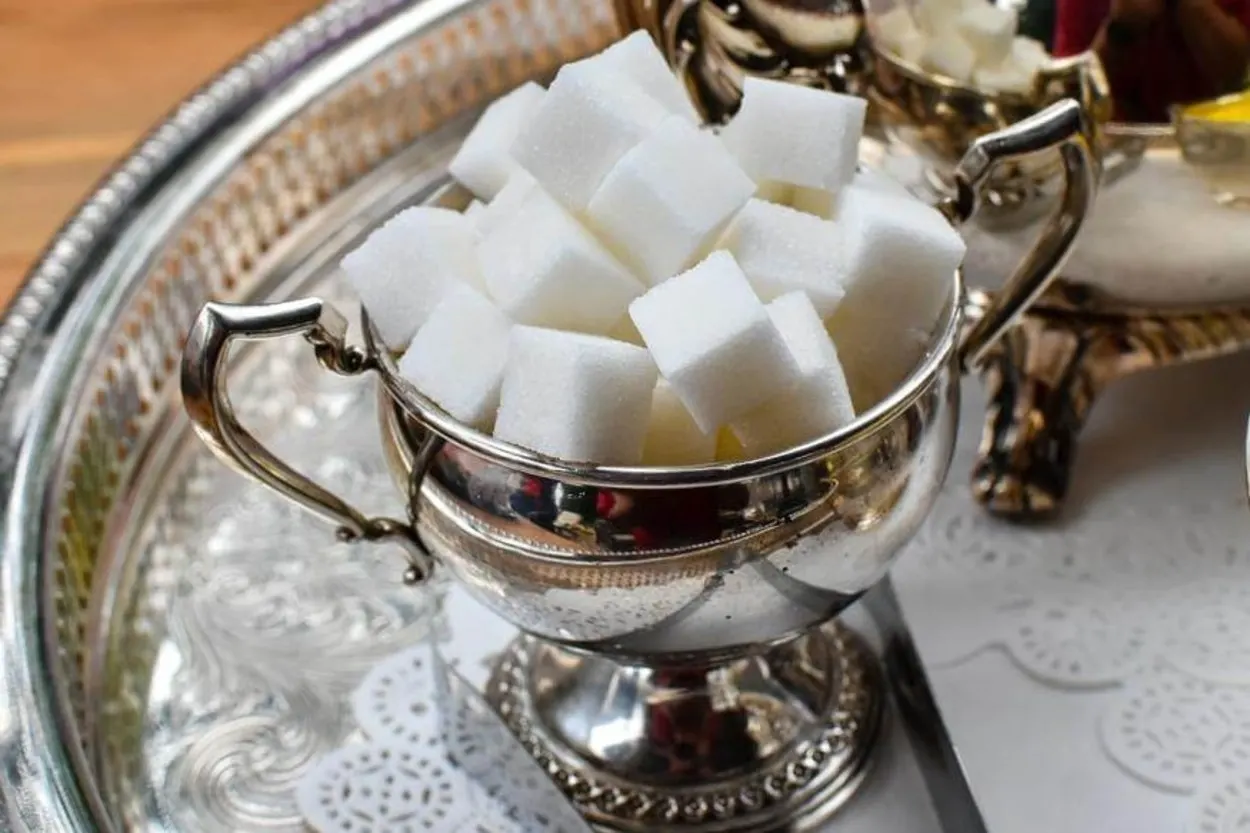
No, the Baya Energy drink is not sugar-free.
A single 12-ounce can of Baya contains 22g of sugar, along with 16g of added sugar, also called artificial sweeteners.
The American Heart Association recommends that women should consume no more than 100 calories per day (about six teaspoons or 24 grams of sugar) and men should limit their daily caloric intake to 150 calories (about nine teaspoons or 36 grams of sugar).
Sugars are well-known carbohydrates that can be found in various foods, including fruits and fruit juices, as well as other beverages such as energy drinks.
Energy drinks contain a lot of sugar to help them improve their energy levels.
Artificial Sweeteners
Soft drinks, especially sugar-free ones are filled with artificial sweeteners. Sugar substitutes provide sugar’s taste without the calories, reducing the risk of obesity and tooth disease.
Since artificial sweeteners are so much sweeter than table sugar, they may be used in much less to obtain the same level of sweetness.
People with diabetes or prediabetes may substitute sugar with these alternatives to consume fewer calories or sugar to control their blood glucose levels more effectively.
Although, their frequent consumption might lead to:
- Obesity
- Leukemia
- Cancers of the bladder and brain
- Parkinson’s disease
- Alzheimer’s disease
- Dementia
Is Baya Energy Drink healthy?
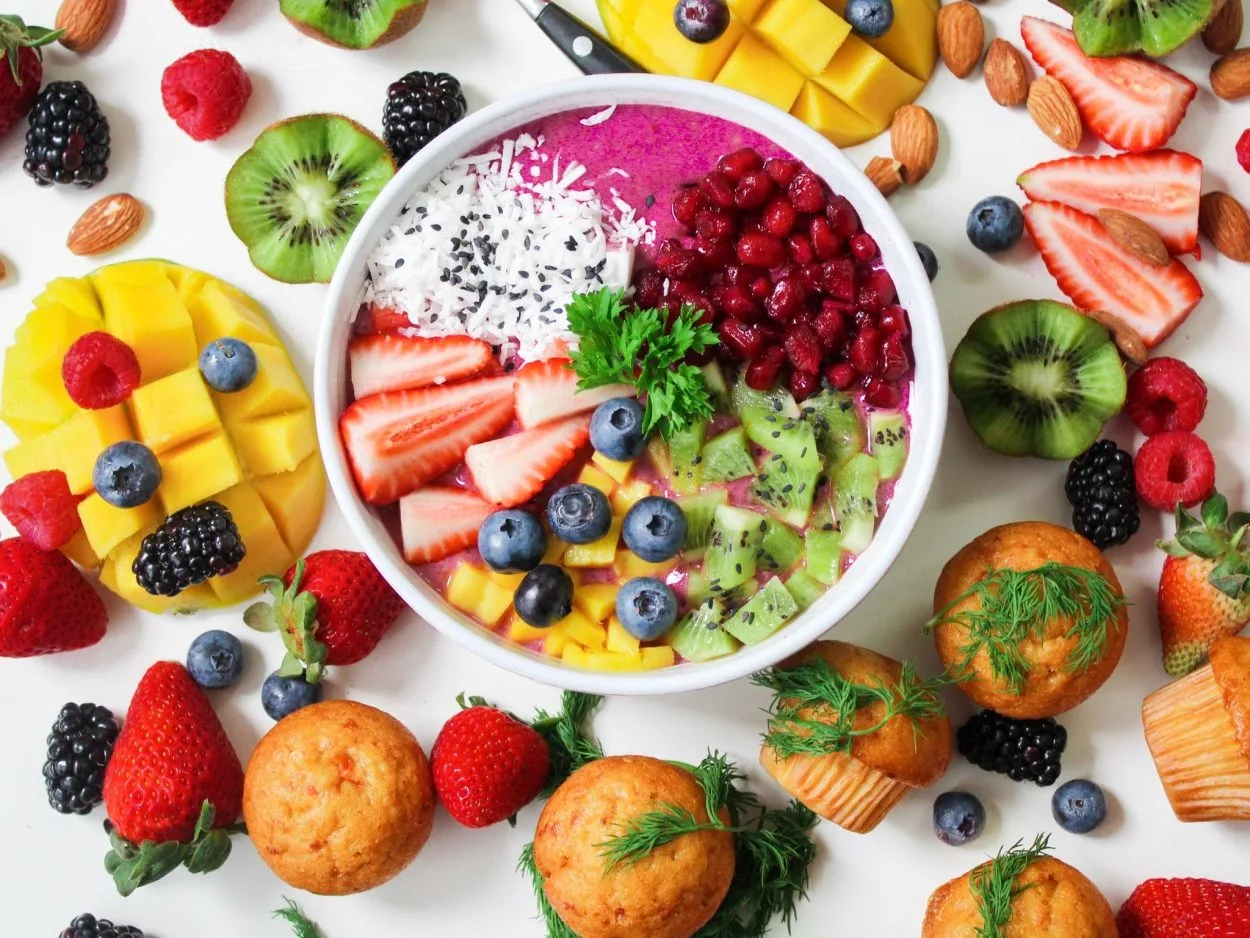
According to the press release, each 12-ounce can of the drink contains 90 calories and 160 mg of caffeine, with the energy boost coming from caffeine naturally found in coffee fruit.
Although the caffeine in coffee fruit is natural and safe to ingest, Baya is unhealthy to consume excessively since it contains artificial sweeteners, cane sugar, and roughly 22 grams of total sugar.
You should not exceed the limit after consuming a can. When it comes to Baya, it’s best to consume it in moderation, as a sugar rush can cause serious health problems.
Alternatives to Baya Energy Drink
ZOA Energy Drink
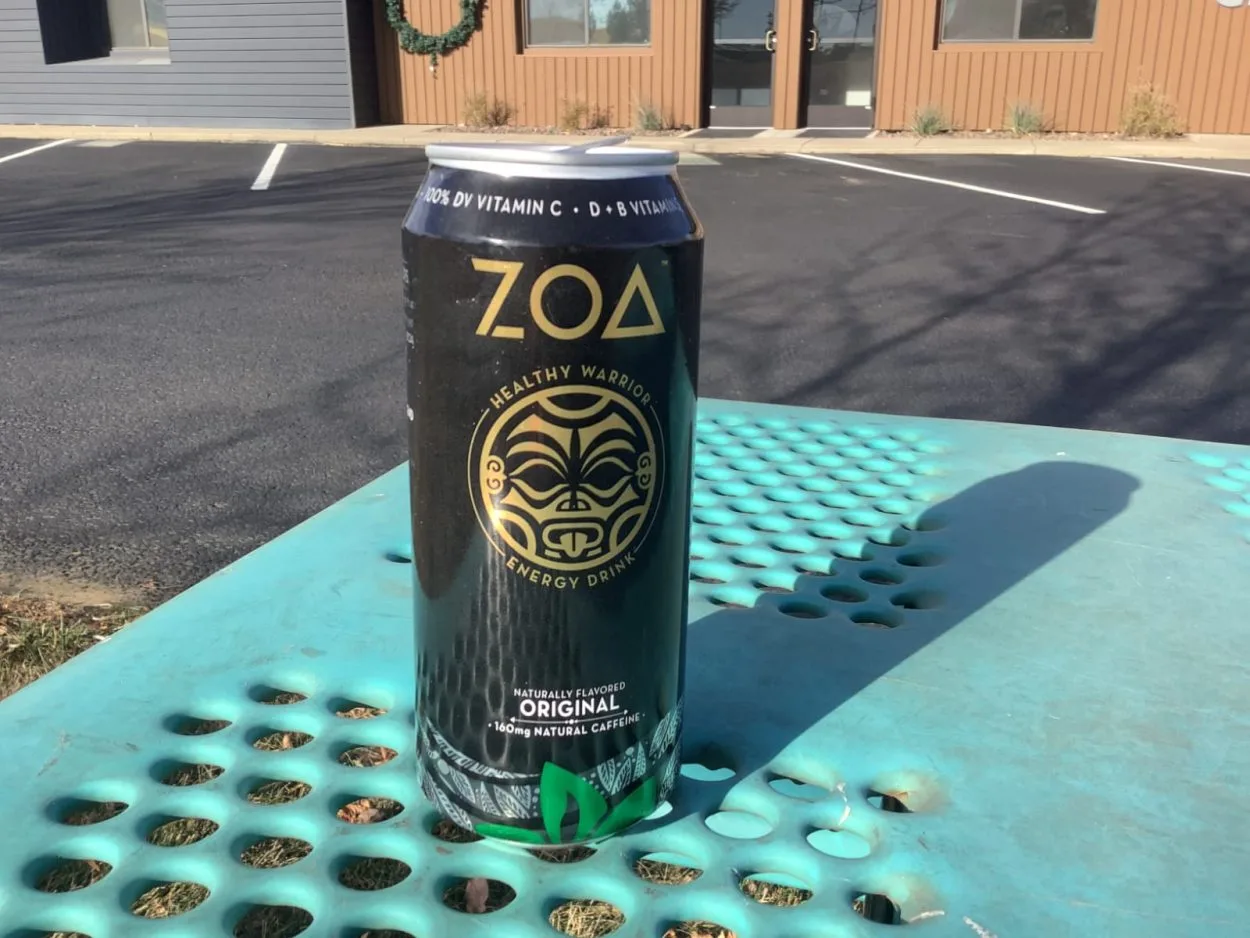
ZOA Energy contains a moderate amount of caffeine and vitamins C, B, and choline for focus. It can also aid in keeping you hydrated.
As you may know, a typical energy drink contains only 85-150mg of caffeine. ZOA energy drinks include 160mg of caffeine, which is comparable to what you’re used to.
Each can of ZOA Energy contains 100 calories and 23 grams of sugar.
With ZOA, sugar crashes are possible because it already includes 23 grams of sugar. Dizziness and headaches were minor sugar crash symptoms personally.
ZOA Energy is not harmful to your health if consumed in moderation.
Runa Clean Energy Drink
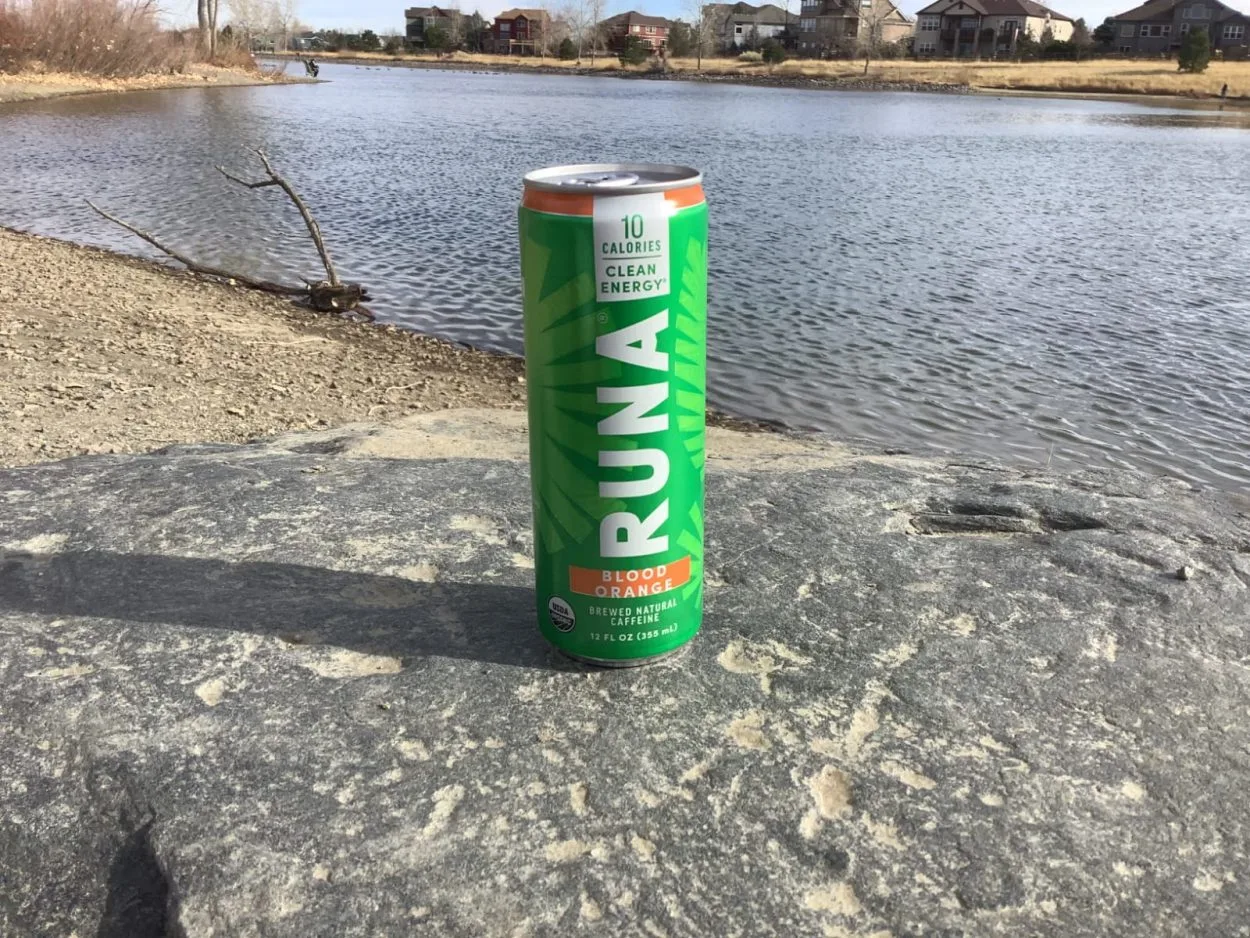
Runa is a carbonated energy drink with double the antioxidant content of green tea.
Guayusa helps reduce the risk of diabetes and heart disease while also enhancing overall energy.
The 150 milligrams of caffeine in Runa come from the Guayusa plants.
Guayusa contains polyphenols and L-theanine that are responsible for providing lasting energy, high performance, and alertness without subjecting to any jitters.
A 355ml can of Runa Clean Energy contains 2g of sugar, compared to 1g in a 250ml can.
Health authorities have long questioned excessive amounts of sugar in energy drinks, believing that added sugar is more harmful than beneficial.
Conclusion
In my opinion, Baya Energy is a decent energy drink to consume with the inclusion of some interesting ingredients, yet it can still do better with its sugar and caffeine content.
With 160mg of caffeine, Baya amplifies energy levels, which is light and almost refreshing at the same time due to the presence of caffeine from the coffee fruit.
Baya energy contains a heavy sugar content, which stands at the borderline of the daily recommended limit. Therefore, its excessive consumption in a day can result in a sugar rush and severe health problems.
Although, like many other energy drinks it does not contain the necessary B-vitamins yet fulfills their place with the presence of vitamin C which is known to be a powerhouse of antioxidants.
I personally would have found this drink more appealing if they had included more vitamins such as D and E, alongside proteins and a few more electrolytes to keep our body hydrated while giving off health benefits at the same time.
